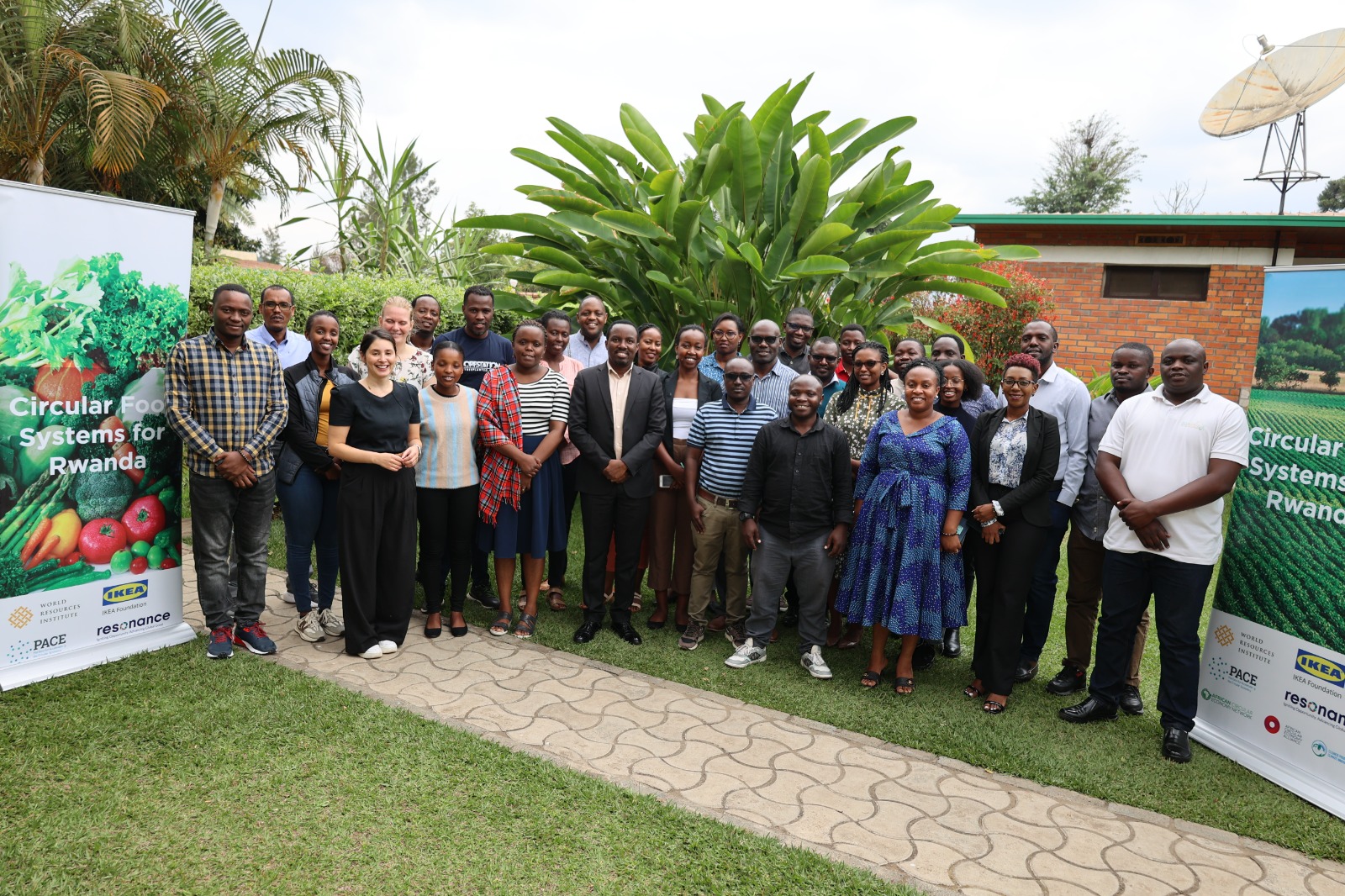Rwanda is making significant progress in reducing post-harvest losses for major grain crops, according to Dr. Patrick Karangwa, Director General of Agriculture Modernization. However, the country continues to face substantial losses for perishable crops, underscoring the need for additional focus and interventions.
He noted a study shared during a training workshop on circular food systems, highlighting that post-harvest losses for maize, beans, and rice have been reduced to 13.8%, 11.3%, and 12.4%, respectively.
Despite these improvements, the data revealed a persisting challenge with perishable crops. Tomatoes, cassava, and Irish potatoes still suffer high post-harvest losses of 33.5%, 24.8%, and 25.2%, respectively.
Dr. Karangwa, former DG of the Rwanda Agriculture Board (2018-2023), shared this information via a tweet, stressing the importance of further efforts to modernize Rwanda’s agricultural sector and improve its post-harvest management.
The significant grain loss reduction may be attributed to the ongoing initiatives by the Ministry of Agriculture and Animal Resources aimed at modernizing agriculture practices and enhancing farmers’ skills, including workshops on circular food systems.
Circular food systems encourage sustainable use of resources, thus reducing waste and enhancing food security. They involve practices such as recycling agricultural waste into compost, using plant residues for animal feed, and reusing water from farming for other purposes.
However, the high post-harvest losses in perishables suggest that there are still areas that need improvement. Factors contributing to these losses could include inadequate storage and processing facilities, lack of access to modern preservation techniques, and challenges related to transport infrastructure.
Rwanda’s agricultural sector plays a pivotal role in its economy and food security, supporting the livelihood of over 70% of the population. Therefore, any improvement in post-harvest management can have far-reaching impacts on the nation’s food security and economic development.
The government’s commitment towards agricultural modernization is crucial in addressing these issues. The recent training workshop is one of the many steps taken to equip farmers with the knowledge and tools to minimize post-harvest losses.
Reducing post-harvest losses remains a key target for Rwanda’s agricultural development, with the potential to significantly increase food availability, enhance farmers’ income, and improve overall food security.
For further information on Rwanda’s progress in post-harvest management and other agricultural practices, follow @RwandaAgri on Twitter.
If you have stories or updates related to food systems and agriculture that you’d like to share with Kilimokwanza.org, we encourage you to reach out to our newsroom at kilimokwanza.africa@gmail.com.
